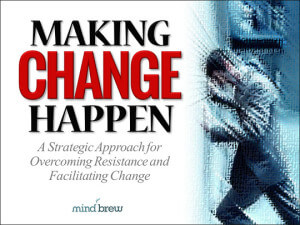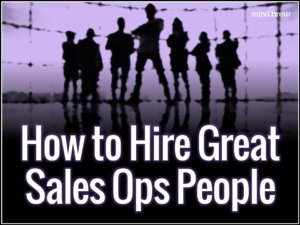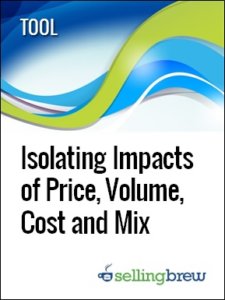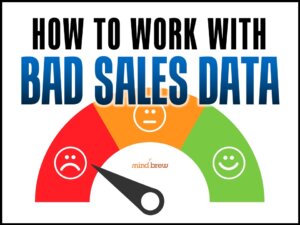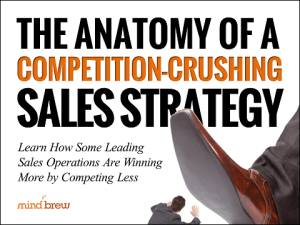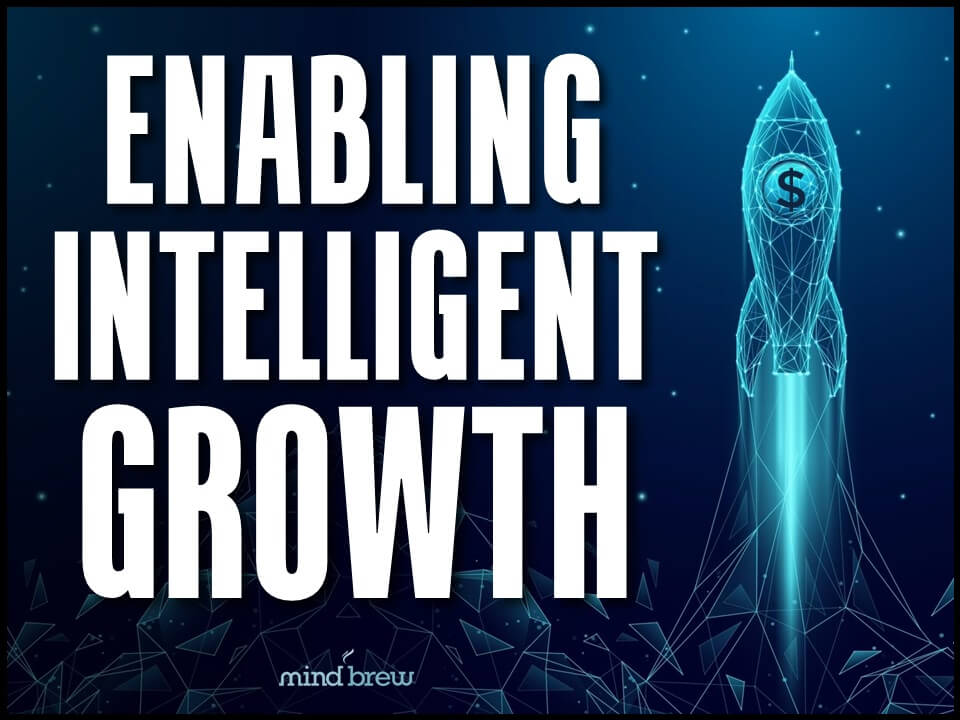An old Russian (or possibly Greek) proverb says, “There is nothing more permanent than a temporary solution.” It’s an idea that applies to many different parts of life. For example, economist Milton Friedman proclaimed, “Nothing is so permanent as a temporary government program.” Programmers will tell you, “There’s nothing more permanent than a temporary hack.” And the poet A.E. Stallings wrote, “There are always boxes that you never do unpack / Nothing is more permanent than the temporary.”
You’ve probably seen this idea manifest itself countless times in the business world. Someone notices a problem and comes up with a quick fix. Since the fix seems to work alright, no one ever gets around to putting a better solution in place. Once a “temporary” process or procedure is in place, it’s almost impossible to change it.
This sort of resistance to change is nearly universal in companies. And that’s unfortunate because it can hurt the sales operation (and broader company) in three key ways:
- Sales improvement requires change. Sometimes you can improve sales results without doing anything differently, but it’s usually thanks to some general improvement in the broader market…and you certainly can’t rely on that happening all the time. To drive regular sales improvement (and ensure you beat competitors even when times are good), you’re going to have to alter the status quo. But because organizations are naturally resistant to change, you can expect someone to resist most of the suggestions you make.
- Most others in the company (especially those in management) probably don’t understand the mechanics of the sales operation very well. That lack of understanding amplifies fears about making changes to things like the sales process, lead gen or qualification, pricing or quoting, sales comp, account plans, etc. That makes effecting change even harder.
- Worst of all, Sales Ops usually doesn’t have any direct control over the processes and procedures that need to change in order to improve sales processes and results. Sales Ops is usually held responsible for driving changes in sales, but not one else in the company is actually required to do what they say.
Given this reality, change management is one of the most important skills a Sales Ops team can have. Yes, you will need a lot of other capabilities — likes sales analysis, forecasting, data visualization and sales training. But implementing an initiative around any of those capabilities is going to require change. If you can increase your change management abilities, you will find it much easier to put your other skills to good use.
If you don’t have a lot of experience with change management — or if you could use a refresher — we have a couple of resources that can help. Check out the webinar Making Change Happen. It offers a strategic approach with plenty of real-world tips that you can use right away to overcome resistance to change.
You might also want to check out Answering Three Questions to Enable Change. It distils the process even farther and gives you an easy way to guide your co-workers toward the understanding that change is necessary and worthwhile.
Don’t let temporary workarounds become a permanent part of the way your company does business. Solid change management techniques can help you move on to a better solution that results in better results — and higher revenue — for your business.

